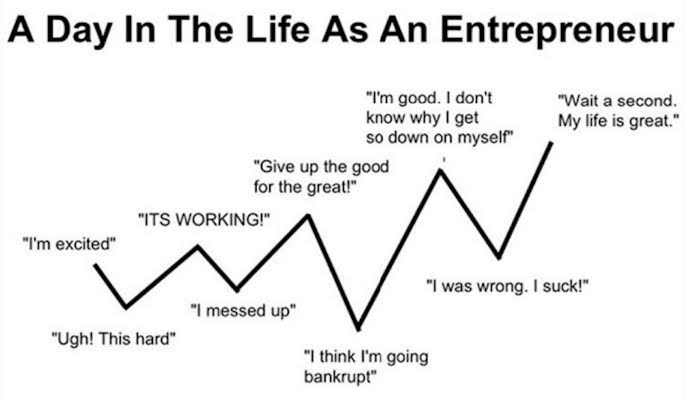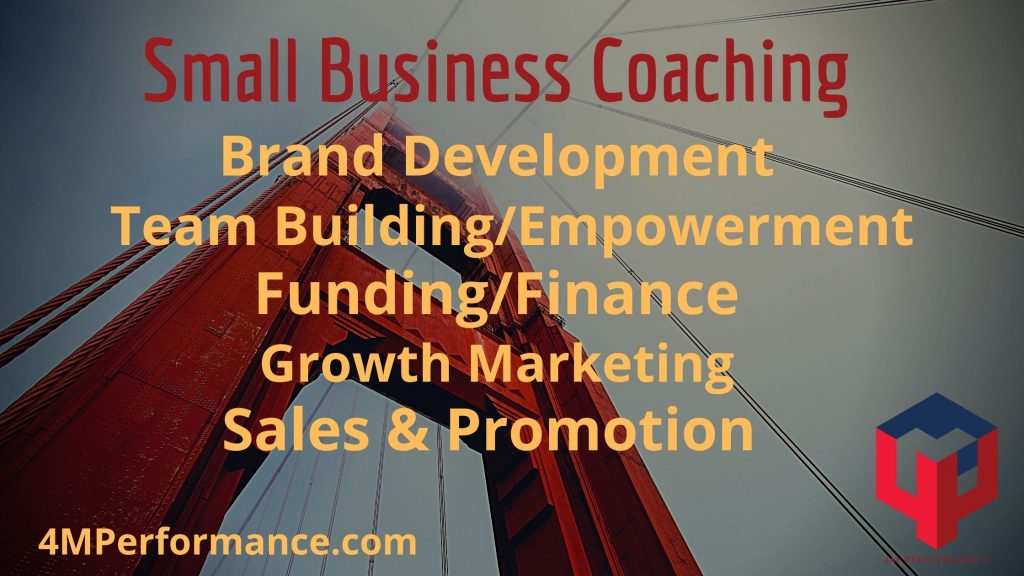
Let’s face it. Starting a business is difficult and scary! A lot of work with an uncertain ending. So, I have some random thoughts that may assist you with your entrepreneurial journey.
The very first thing to do is validate your idea (vision). Is there a market? Who are they? The second thing to do. If you can’t validate the idea, walk away. Do not pursue an idea that has no market validation.
RED FLAG: Too many people on the management team with the same last name.
My Thoughts
- Team: do they have the capability to pivot if things go differently than anticipated. Do they have the knowledge to move forward or just think they have the proper skill set?
- Scale: you must always be thinking about going BIG. All new tech requires scaling (momentum).
- Customer Acquisition: the cost of marketing to obtain a new customer. This cost must be closely watched and managed. Once acquired a customer must be retained.
- Customers’ Need: ease or eliminate a customer’s pain point. Solve a problem.
- Tech Disruption: you must carefully watch how technology is evolving and how it will or will not impact your new business.
- If a Product business: does the product meet customer needs and requirements. Prioritize features, be very thoughtful. What can be offered first and what features can be down-streamed. Features must offer a value proposition.
- Financials: lots of work and detail. Income, expenses, cash flows. Funding: how much and why? Need specifics – invested money is very expensive money.
- Market Segmentation: Who is the market? What are the channels to use and what is the pricing model which is best suited to capture that market?
- Competitive Landscape: Who are your competitors? Look broadly. Who is disrupting the marketplace? Revise your competitive posture every 3-6 months as this changes very quickly.
- Finally, R&D: Is there is a good amount of R&D embedded in the product or service you are going to offer. Is there room for other expenses, such as marketing and branding? Keep in mind that professional investors normally will not invest in R&D.

Humans don’t do ‘random’ well. Their thinking is linear. However, when starting a business you must force yourself to think randomly. For example, if your idea is to open a Thai restaurant you need to thoroughly investigate the extent of Asian frozen foods offered by grocery outlets within a 5-7 mile radius of the restaurant. This information would then be cross-referenced against the demographic data within the three or four zip codes surrounding the new restaurant.
Knowing income levels, medium age, education levels, race, gender, etc. will provide a clear picture of what type of businesses will be supported locally.
RED FLAG: Make sure your business coach is a random thinker.

Startup pains can be financial, social, physical, and mental. If you succeed it will all have been worth it. Be prepared, plan and replan, execute wisely, build a strong team, and never give up if your idea has validation.





0 Comments